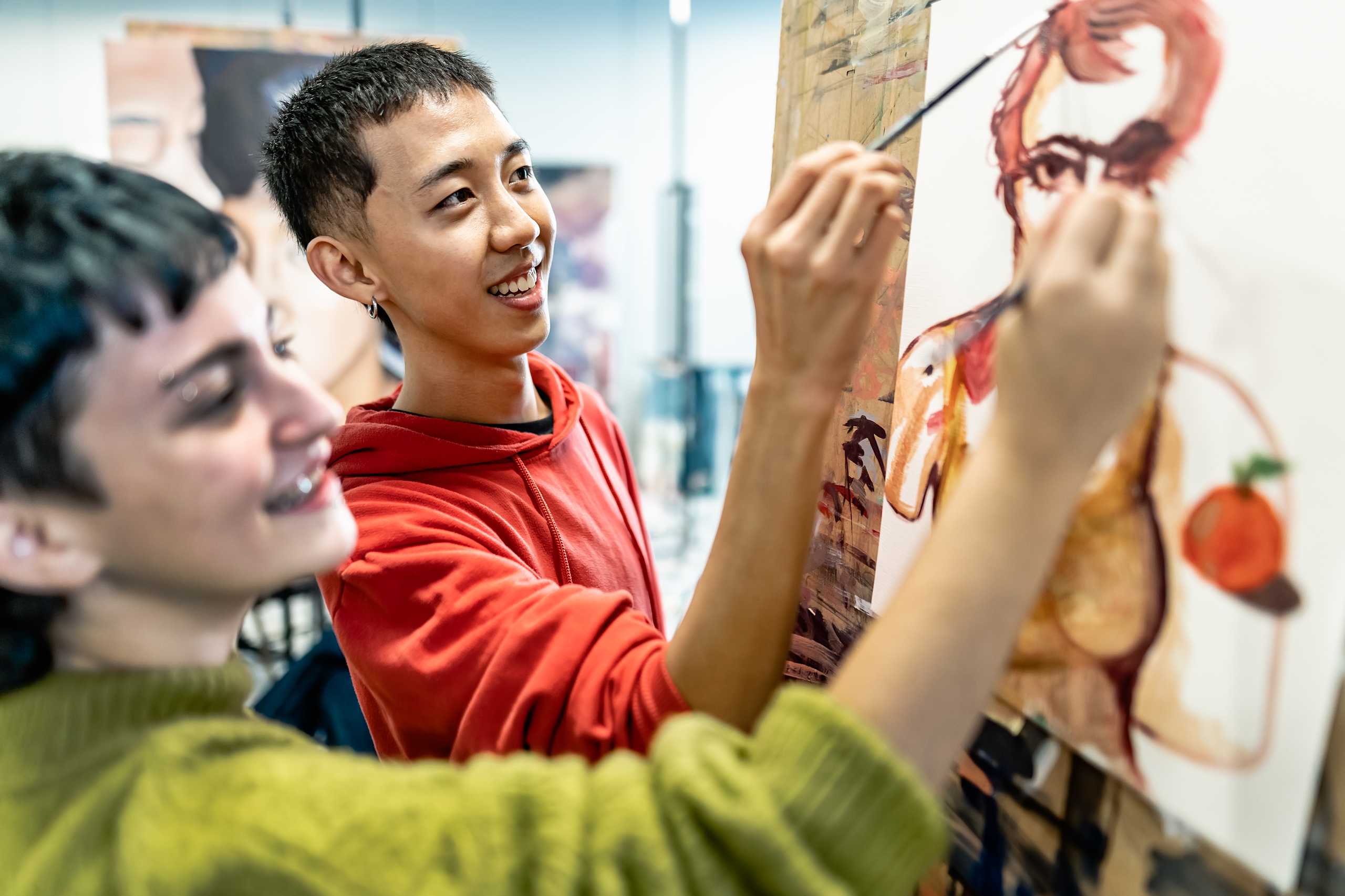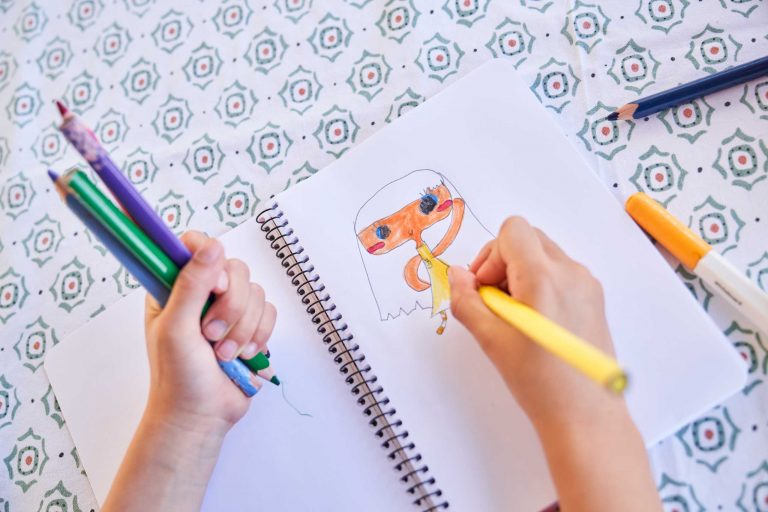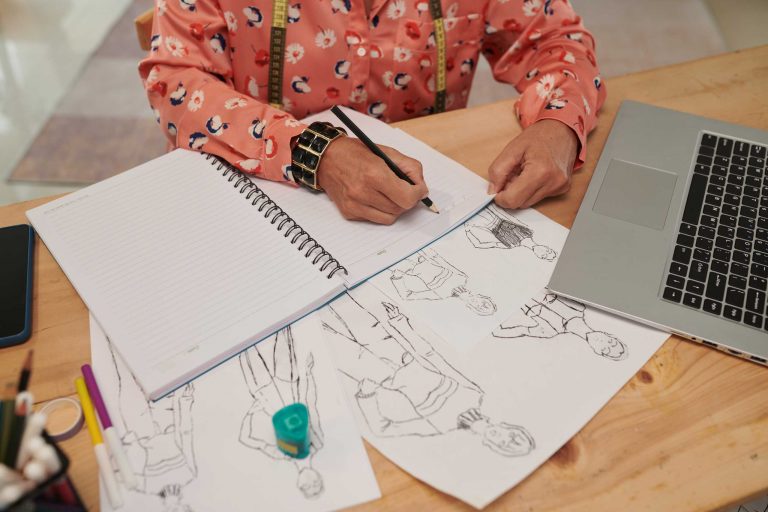Every memorable animation has one thing in common: characters that stay with you long after the credits roll. Whether it’s the quirky hero of a short film or the villain everyone secretly loves, character design is at the heart of audience connection.
1. Start with Personality
A well-crafted character begins from the inside out. Before you draw a single line, decide who they are:
- What are their dreams, fears, and habits?
- How do they react under pressure?
- What makes them unique in their world?
When you know their inner world, every expression and movement will feel authentic.
2. Design That Tells a Story
Appearance is not just about looking “cool.” Every feature should say something about the character:
- Shape language: Soft, rounded shapes suggest friendliness, while sharp, angular designs feel more aggressive or dangerous.
- Color palette: Bright colors can show optimism, muted tones can suggest mystery or seriousness.
- Clothing and accessories: Each detail can reveal history, status, or personality.
3. The Importance of Expressions
Facial expressions are one of the fastest ways to connect with your audience. Think about:
- Subtle eyebrow movements to show curiosity or suspicion.
- Eye shapes and direction to guide the viewer’s focus.
- Mouth shapes that convey emotion even before the dialogue plays.
4. Movement That Matches Personality
A character’s walk, gestures, and posture can say as much as dialogue. Consider:
- A confident character may have a wide stance and energetic movements.
- A shy one might keep their shoulders hunched and move cautiously.
- A mischievous character could have unpredictable, playful motions.
5. Keep Them Consistent—But Not Static
Consistency makes a character believable, but growth makes them memorable. Let them evolve throughout the story—change in posture, clothing, or expressions can signal development.
Final Thought:
Your audience may first notice how a character looks, but they’ll remember how that character made them feel. When personality, design, and movement work together, you create not just a character—but a living presence that leaves a lasting impression.




